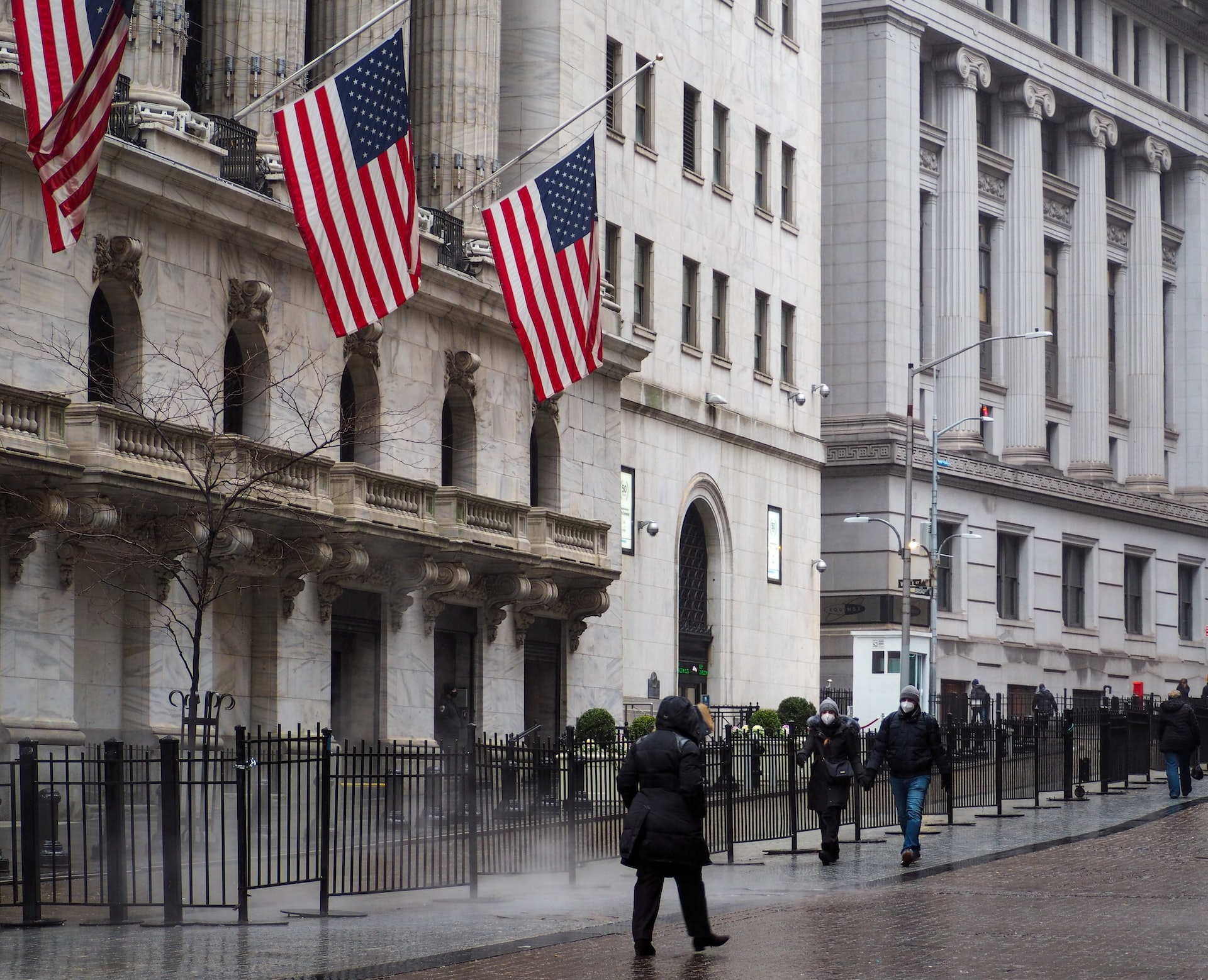This week, the FT, citing a senior government official, reported that the UAE has significantly increased its ability to combat the flow of illicit finance into the region’s largest financial center in a bid to avoid being greylisted by the Financial Action Task Force (FATF), the global financial crime watchdog. According to the FT, the FATF had "warned the UAE, long seen as a global magnet for illicit funds, that it needed to work more closely with international counterparts and to tighten compliance in sectors vulnerable to abuse, especially gold trading and luxury real estate." With a final decision due in the next few weeks, many Western officials "say the UAE has made steps forward but is unlikely to avoid being placed on the FATF’s so-called ‘grey list’," with the senior UAE official adding that whatever the outcome, they now have an action plan.
The focus was understandable, especially given the serious economic costs associated with the inclusion that practically amounts to a death penalty on a country's financial sector. For reference, Pakistan, which secured the minimum of three votes by FATF members needed to avoid the blacklist in 2020, alleged that the country would face "$10 billion loss annually if it remains on the gray list." For context, the dollar value of Pakistan's total exports is $23.6 billion. According to the IMF, ending up on the gray list is likely to result in investors moving resources out of the jurisdiction. Citing a 2016 study by the Centre for Global Development, which utilized monthly transaction data between counterparties in every jurisdiction connected to the SWIFT payment network between 2004 and 2014, “they find that being added to the gray list results in a 7–10 percent reduction in the number of payments sent to an affected country by the rest of the world.”
Despite a lack of legal authority, watchlists, like those of the FATF, have become an effective way of putting pressure on certain jurisdictions to raise their standards in the fight against illicit finance. For the UAE, with Dubai’s position as the region's financial capital at risk, the stakes couldn’t be higher given its significant place in the global financial system, which makes next month’s FATF Plenary one of the group’s most anticipated in years.

Last week, the Financial Action Task Force (FATF) released its Report on the State of Effectiveness and Compliance with the FATF Standards, the first...

During recent travel in the Middle East, we met with senior executives at leading banks, exchange houses and regulators across the region. Top of...

This week, the ICIJ reported on a new study by a group of renowned academics that revealed that, despite past scandals, the industry continues to...
